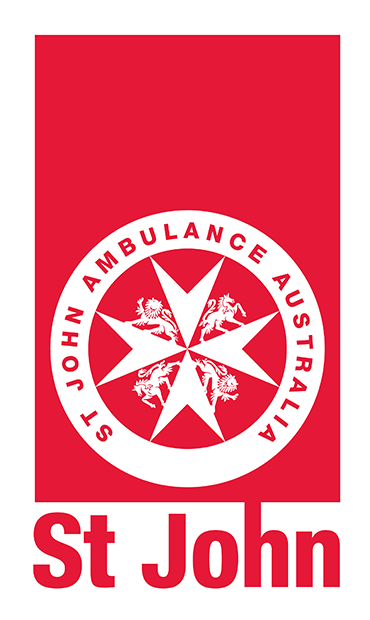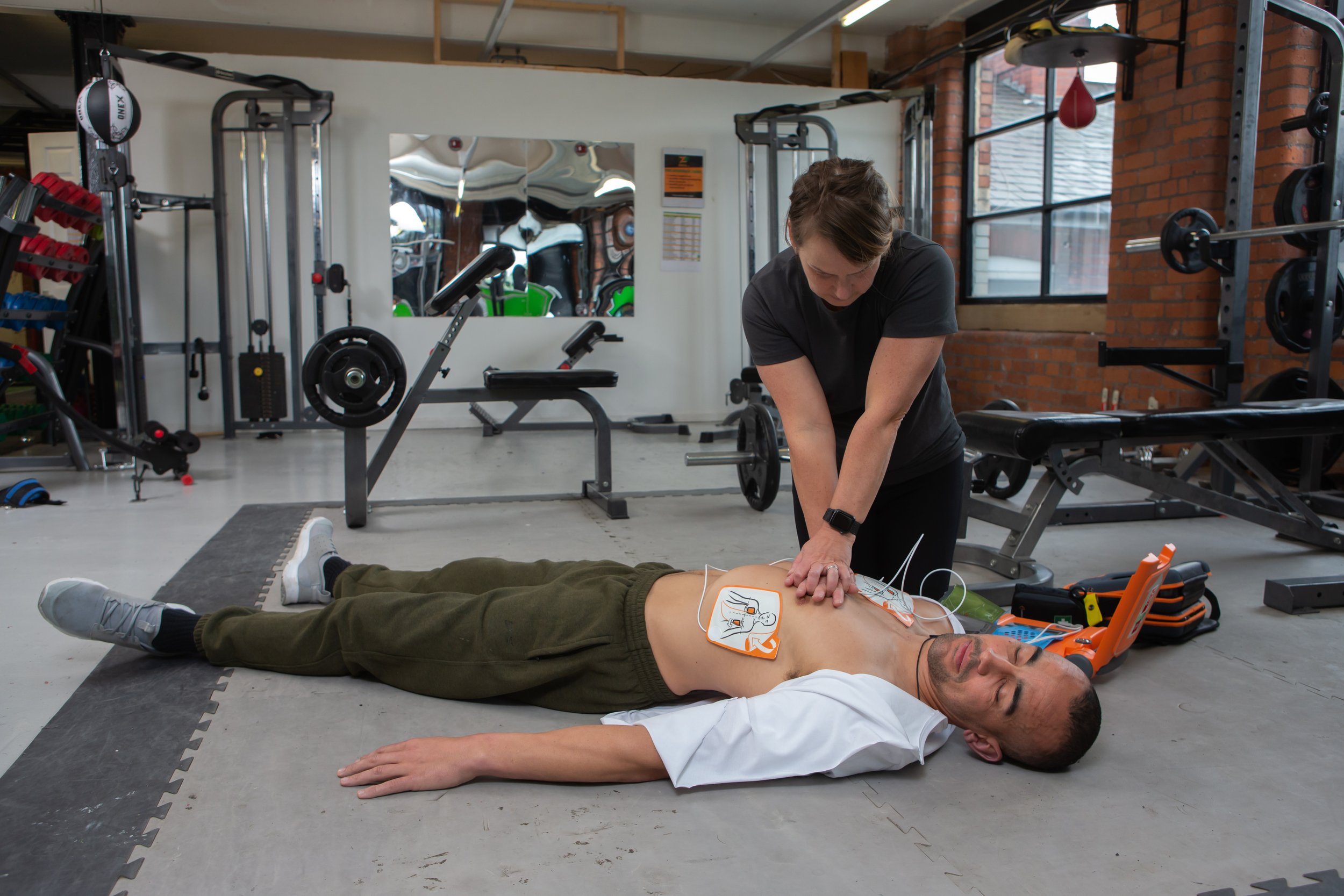
INTELLISENSE CPR
REAL TIME COMPRESSION FEEDBACK THAT DOUBLES SURVIVAL
High-quality CPR paired with a Defibrillator is vital to survival during a sudden cardiac arrest.
However, consistent CPR can be difficult to maintain over a even just a few minutes, particularly by those who are inexperienced or out of practice. The Intellisense™ CPR device available on the St John Ambulance G5 Defibrillator can help make CPR simple.
Intellisense™ CPR provides the rescuer with real-time feedback to help them perform the best CPR they possibly can, regardless of their confidence, skill level or experience – turning a bystander into a life saver. In fact, this CPR feedback has been proven to double survival rates.
WHY DOES INTELLISENSE CPR REMOVE THE GUESSWORK?
Intellisense CPR (iCPR), available only on the St John Ambulance G5 AED, provides the rescuer with real-time, guideline-driven measurement and feedback on the quality of CPR compressions during a Sudden Cardiac Arrest. In plain language, Intellisense CPR makes doing CPR simpler by eliminating the guesswork.
HOW DOES IT WORK?
Intellisense CPR (iCPR) technology uses compression sensors and proprietary algorithms to monitor how compressions are being performed - speed, depth, release and pauses. The Defibrillator will then provide rescuers with immediate audio and written instructions to improve their CPR performance, allowing them to perform the best CPR possible.
iCPR provides:
Feedback on best practice rate: 100-120 compressions per minute
Feedback on best practice depth: at least 5cm in depth for average adult
Feedback on full recoil: To prevent leaning ensuring rescuers fully release, "Press Harder" and "Fully Release"
Instructions in both voice and text prompting for noisy environments
Intellisense CPR is exclusive to the St John Ambulance G5 AED
WHY IS HIGH-QUALITY CPR SO IMPORTANT FOR SURVIVAL?
All sudden cardiac arrest patients need CPR before a Defibrillator is even applied. This keeps their heart in the state of 'fibrillation' so that when the defibrillator arrives it can 'de-fibrillate'.
High quality CPR needs 4 techniques working at the same time:
Rate
Depth
Recoil/Release
Limit pauses
It can be hard even for experienced responders to keep their speed and depth consistent, particularly when faced with the stress of an emergency situation. This is where the real time feedback from iCPR is a real life saver.



